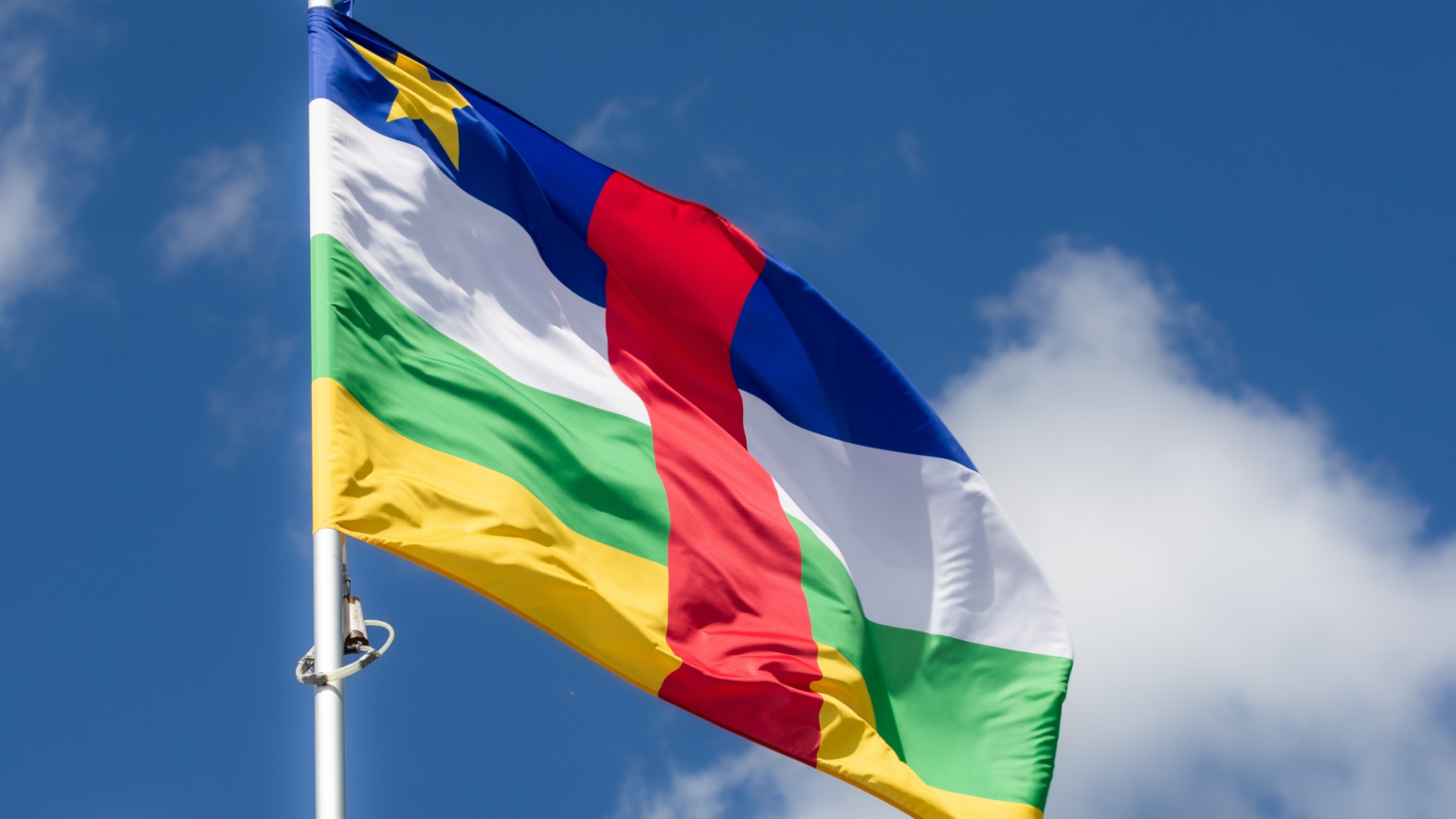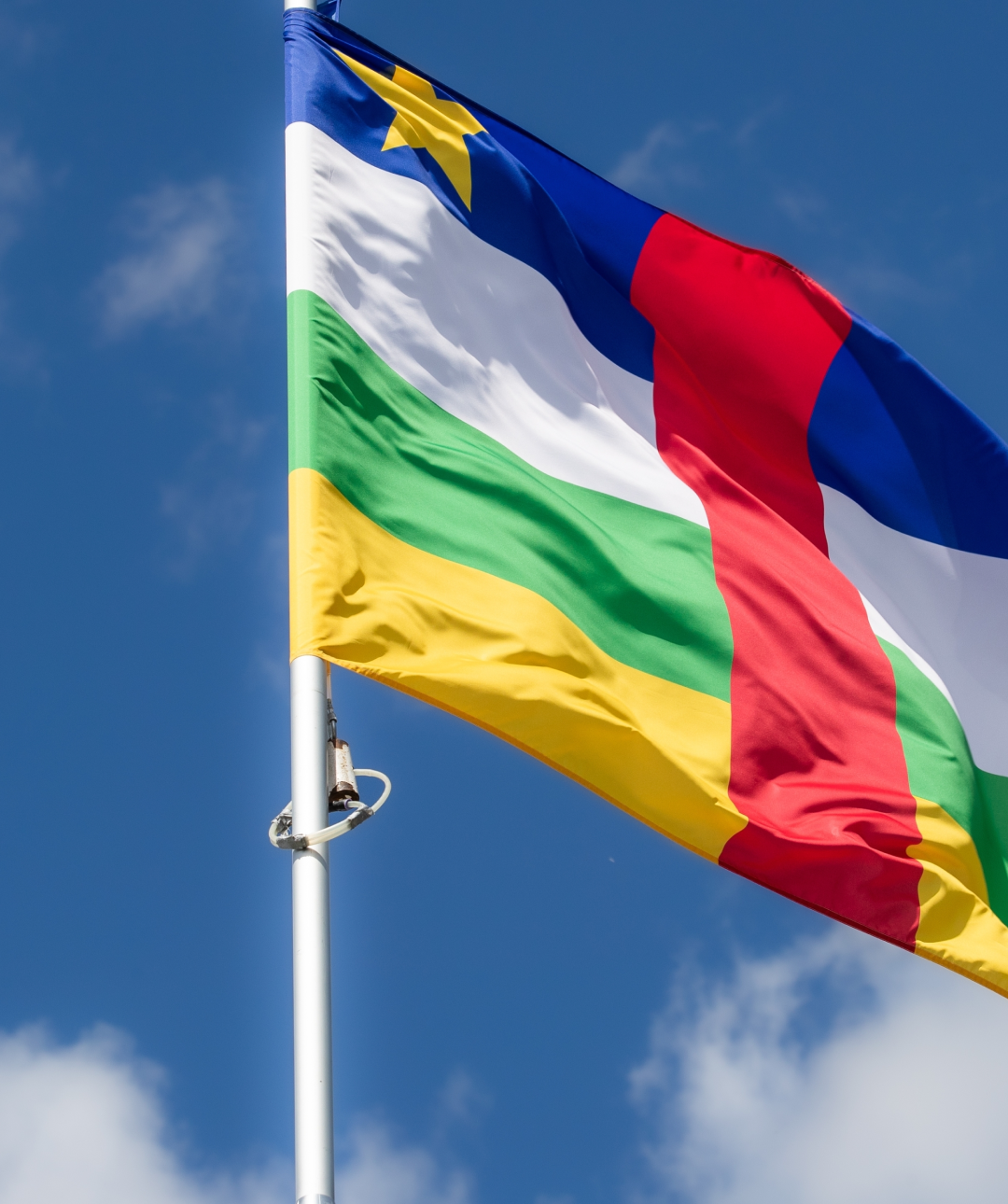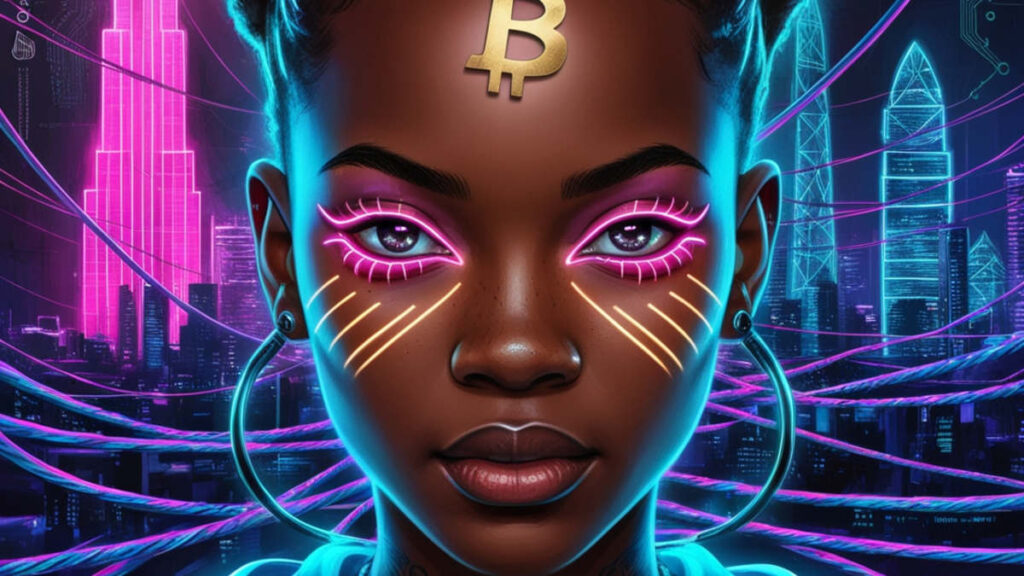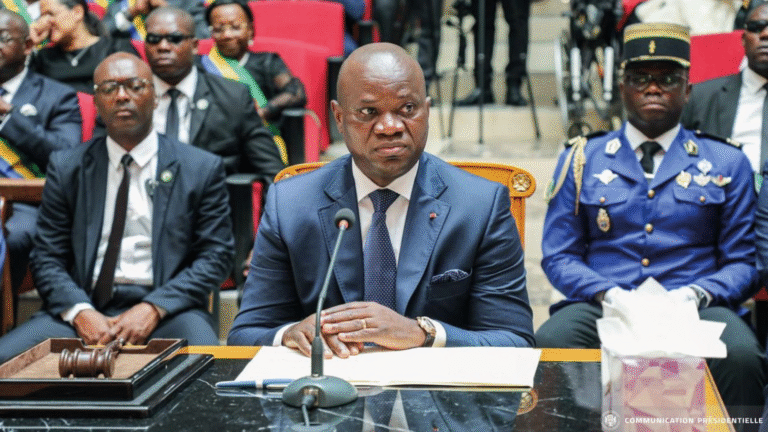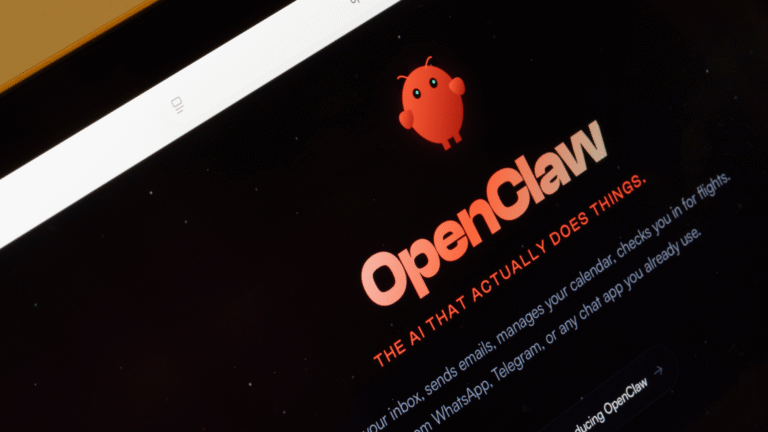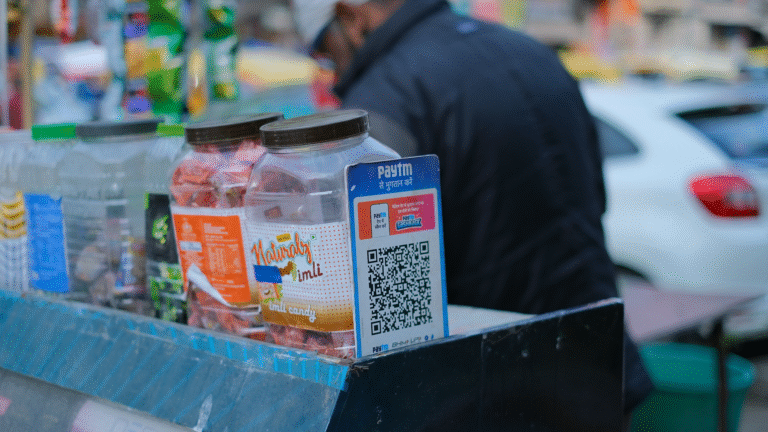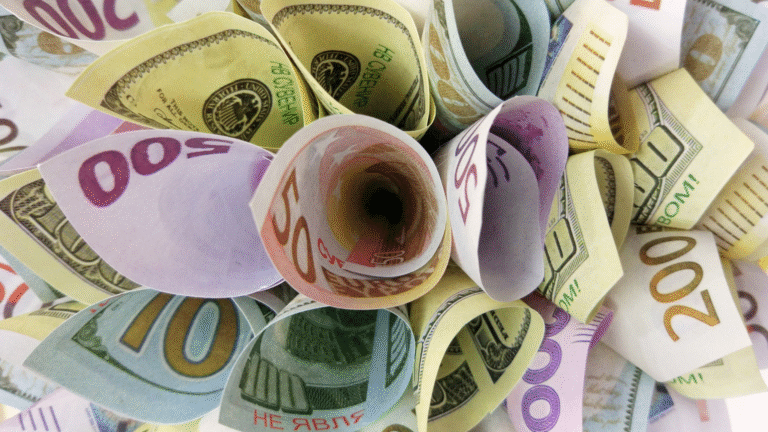The Financial Freedom Report is a newsletter focusing on how currency plays a key role in the civil liberties and human rights struggles of those living under authoritarian regimes. We also spotlight new tools and applications that can help individuals protect their financial freedom.
Good morning, readers!
This week, we highlight how authoritarian regimes are manipulating digital assets. The Central African Republic launched a government-backed meme coin that crashed spectacularly within a day of launch as regime insiders cashed out for profits, leaving the public with worthless tokens.
Meanwhile, the Nigerian regime introduced its first official stablecoin, cNGN. It is issued by the African Stablecoin Consortium and is backed 1:1 with the naira. Still, it operates under the direct oversight of the Nigerian Securities and Exchange Commission, allowing further surveillance of Nigerians’ financial activity alongside the struggling eNaira CBDC.
On the freedom tech front, Mullad VPN now supports Bitcoin payments via the Lightning Network, offering activists, journalists, and individuals under oppressive regimes a censorship-resistant and permissionless way to pay for their privacy. Additionally, SeedSigner, an open-source hardware wallet for Bitcoin self-custody, rolled out multilingual support, expanding accessibility to Spanish-speaking activists and human rights defenders.
Finally, journalist Frank Corva explores Africa’s grassroots Bitcoin movement, where open-source tools and circular economies are empowering communities inside authoritarian regimes with financial freedom. For those who doubt Bitcoin’s real-world impact, this article is a must-read.
Now, let’s get right to it!

Central African Republic | Launches Meme Coin Experiment
The Central African Republic (CAR) debuted a government-backed meme coin, $CAR, which President Faustin-Archange Touadéra claims will “unite people” and “support national development.” In reality, meme coins are speculative assets that often serve as vehicles for insider profit. This scheme follows CAR’s failed Sango Coin project, which promised citizenship and land in exchange for locked investments but sold only 7.5% of its supply. Those who did “buy in” did not receive what was promised. In 2022, CAR briefly made Bitcoin legal tender, calling it a path to sovereignty — only to abandon it shortly after. Instead of supporting open and neutral money like Bitcoin, the government has turned to dubious crypto schemes. The real beneficiaries of $CAR appear to be regime insiders who reportedly cashed out $40 million while the public holds worthless tokens.
Nigeria | Debuts Naira Stablecoin
The Nigerian state launched its first regulated stablecoin, cNGN. Similar to US dollar-pegged stablecoins like USDT and USDC, cNGN is pegged 1:1 to its local currency (the naira). It is issued by the African Stablecoin Consortium (ASC), a private coalition of Nigerian financial institutions and blockchain companies. Positioned as a bridge between fiat and digital assets, cNGN aims to facilitate remittances and trade but comes with strict verification requirements that limit financial privacy. The Nigerian SEC also tightly regulates the stablecoin and it is only available on government-approved exchanges, Busha and Quidax. As Nigeria expands its control over digital transactions — through both cNGN and its struggling eNaira CBDC — more and more Nigerians are turning to Bitcoin as a censorship-resistant alternative.
Russia | Proposes Registry to Track Bitcoin Mining Hardware
Russia’s deputy energy minister, Yevgeny Grabchak, has proposed a centralized registry of Bitcoin mining equipment and wallet addresses to “identify mining activities and ensure stricter enforcement of bans in restricted regions,” such as Russian-occupied Ukraine territories. Meanwhile, the Chairman of the State Duma Committee on Energy, Nikolai Shulginov, warned that last year’s mining ban in several Russian and occupied regions may not be enough to eliminate mining fully. As an authoritarian state with an egregious human rights record and a long history of financial repression, Russia appears intent on tightening surveillance of economic activity — especially that of Bitcoin. By registering, tracking, and restricting mining, the Kremlin expands its financial control, undermines economic autonomy, and limits access to permissionless money.
Turkey | Erdoğan Targets Opposition as Inflation Forecast Rises
Turkish President Recep Tayyip Erdoğan sentenced Istanbul Mayor Ekrem Imamoglu — a key political rival — to seven years in prison on charges widely seen as politically motivated. If upheld, the conviction will bar Imamoglu from office, further clearing Erdoğan’s path to dominance ahead of the 2028 elections. At the same time, Turkey’s economic crisis is worsening. Accelerating inflation forced the central bank to raise its 2025 forecast from 21% to 24%, exacerbating the lira’s decline and eroding purchasing power. As both political and financial repression deepen, more Turks are turning to alternatives to sidestep Erdoğan’s expanding control over the economic and political sphere.
Georgia | Regime to Pass Censorship Law
Georgia’s ruling Georgian Dream party is set to introduce a media censorship law aimed at enforcing government-defined standards for journalistic objectivity and ethics, while also restricting foreign funding for media outlets. MP Mamuka Mdinaradze claims the law will establish monitoring mechanisms and is modeled after UK regulations, though critics compare it to Belarusian-style repression. Georgian Dream Prime Minister Irakli Kobakhidze defended the move as necessary to close legislative “loopholes” and strengthen state control. Journalists and activists warn that the law is part of a broader crackdown on press freedom and dissent. Decentralized social networks like Nostr will become increasingly vital for journalists and activists to communicate freely, resist censorship, and ensure the flow of independent information.
Webinar Series for Nonprofits: Become Unstoppable
HRF will host a free, three-day webinar from March 17-19, teaching human rights defenders and nonprofits how to use Bitcoin to counter state censorship and confiscation. Sessions run daily from 10:30 a.m. to 12:00 p.m. EDT and are beginner-friendly. The webinar will be led by Anna Chekhovich, HRF’s Bitcoin nonprofit adoption lead and financial manager at Alexei Navalny’s Anti-Corruption Foundation.
SXSW | The Human Rights Risks of Central Bank Digital Currencies (CBDCs)
Join HRF at SXSW 2025 in Austin from March 9-12 to explore how CBDCs threaten financial freedom. Experts Roger Huang, Charlene Fadirepo, and Nick Anthony will discuss how authoritarian regimes use CBDCs for surveillance and control on March 9. Attendees can also visit HRF’s CBDC Tracker booth to explore an interactive map of CBDC developments worldwide.
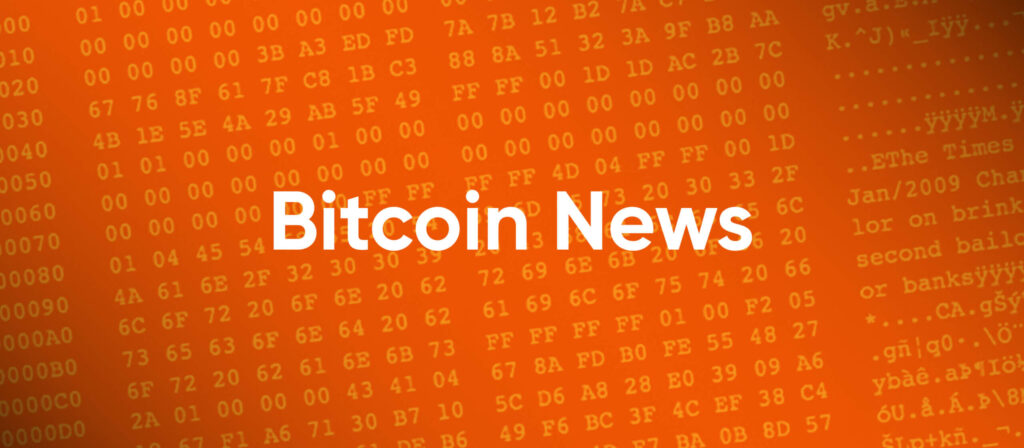
Mullvad VPN | Testing Lightning Network Payments
Mullvad VPN is experimenting with Bitcoin for payments via the Lightning Network, a second-layer payment protocol built on Bitcoin that enables faster, cheaper, and more private transactions. This integration lets Mullvad VPN users pay for their services in bitcoin while enhancing their privacy and bypassing payment networks that track or censor financial activity. VPNs protect users by masking IP addresses and encrypting traffic. Accepting Bitcoin over Lightning strengthens this protection with a censorship-resistant payment option. For activists, journalists, and individuals in authoritarian regimes, this combination provides a shield against surveillance.
SeedSigner | Releases Multilingual Support
SeedSigner, an open-source and customizable Bitcoin hardware wallet and HRF grantee, introduced multilingual support for Spanish. This update makes secure Bitcoin self-custody more accessible to Spanish-speaking activists and human rights defenders who may rely on Bitcoin for transactional freedom. By expanding access to secure self-custody, SeedSigner helps reduce dependence on restrictive financial systems and allows more people in Nicaragua, Venezuela, Cuba, and beyond to “be their own bank.”
Iris | Implements Private Bitcoin Payments with Cashu
Iris, a Nostr client, has added support for a Cashu wallet to allow users to send and receive ecash. Cashu is an open-source Chaumian ecash protocol built for Bitcoin and integrated with the Lightning Network. It lets users make fast, low-cost, and extremely private transactions using Bitcoin-backed ecash. While it requires a trusted custodian, it helps users spend Bitcoin anonymously without revealing their identity or transaction activity. This ability provides activists and nonprofits a different way to make private Bitcoin payments alongside nostr’s censorship-resistant communications.
Sparrow Wallet | Supports Lark for USB Hardware Wallets
Sparrow Wallet, a popular open-source Bitcoin wallet, has added support for Lark, a new tool for USB hardware wallet communication. Lark works alongside the existing Hardware Wallet Interface (HWI), giving users an alternative way to connect their hardware wallets via USB. This update improves reliability, reduces dependence on a single software interface, and strengthens Bitcoin self-custody.
Bitcoin Dada | Opens Applications for Second Cohort of Dada Devs
Bitcoin Dada, an HRF-supported nonprofit initiative empowering African women through Bitcoin and financial education, is now accepting applications for the second cohort of Dada Devs. This developer program provides hands-on training, mentorship, and a collaborative community to help African women under authoritarian regimes contribute to Bitcoin development. If you’re an aspiring female developer, apply now to join a network of African women shaping the future of finance. Applications close Feb. 13.
Summer of Bitcoin | Applications for Summer 2025 Cohort Now Open
Summer of Bitcoin, an HRF-supported Bitcoin internship program, is now accepting applications for its summer 2025 cohort. This program introduces students from anywhere, including from authoritarian regimes, to Bitcoin open-source development and design, giving interns the option to choose between a developer or designer track based on their interests. Participants will gain hands-on work experience, contribute to real-world Bitcoin projects, and receive mentorship from industry leaders. You can learn more and apply here.
Spiral | Announces Grant Renewals for the Bitcoin Design Community and BDK
Spiral, a Bitcoin company building and funding open-source projects, announced renewed grants for critical initiatives, including the Bitcoin Design Community and Bitcoin Dev Kit (BDK). The Bitcoin Design Community is a free and open-source resource for designers, developers, and others working on non-custodial Bitcoin products. This grant will support designers who push the user experience and adoption of Bitcoin forward. Meanwhile, BDK is a software library that helps developers in building cross-platform Bitcoin wallets. Its grant will support the project’s continued refinement and development.
Recommended Content
Using Bitcoin Without Internet! Here’s How Machankura Makes It Happen with Anita Posch
In this short interview, Bitcoin educator and host of the Bitcoin for Fairness channel, Anita Posch, speaks with Mary Imasuen, a Machankura team member, about how this technology makes Bitcoin accessible to Africans without Internet access. Machankura is an app that allows feature phones to send and receive Bitcoin using the Unstructured Supplementary Service Data (USSD) protocol, a mobile communications system similar to SMS. This means people can transact in Bitcoin without needing a smartphone or data connection, a situation common to many living under autocratic regimes in sub-Saharan Africa. By removing Internet barriers, Machankura helps millions of Africans overcome high data costs and unreliable networks, offering a practical solution to financial inclusion.
The Bitcoin and Cypherpunk Spirit Is Alive and Well in Africa by Frank Corva
In this article for Bitcoin Magazine, journalist Frank Corva spotlights Bitcoin’s growing presence across Africa. Across the continent, people are building Bitcoin circular economies, open-source financial tools, and educational initiatives. From Bitcoin Ekasi in South Africa to AfriBit Kibera in Kenya and Bitcoin Dua in Ghana, these grassroots initiatives drive financial inclusion and education for individuals and communities. Meanwhile, tools like Tando and Machankura are expanding access to transactional freedom, and conferences like Adopting Bitcoin Captetown and the Africa Bitcoin Conference nurture ongoing collaboration between individuals, developers, and activists to advance financial freedom on a continent that otherwise has very little liberal democracy. Read the full article here.
– If this email was forwarded to you and you enjoyed reading it, please consider subscribing to the Financial Freedom Report here.
– Support the newsletter by donating bitcoin to HRF’s Financial Freedom program via BTCPay.
– Want to contribute to the newsletter? Submit tips, stories, news, and ideas by emailing [email protected].
– The Bitcoin Development Fund (BDF) is accepting grant proposals on an ongoing basis. The Bitcoin Development Fund is looking to support Bitcoin developers, community builders, and educators. Submit proposals here.


